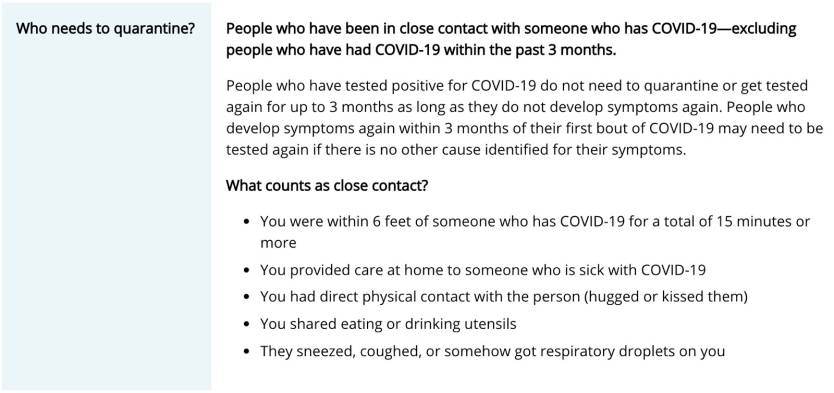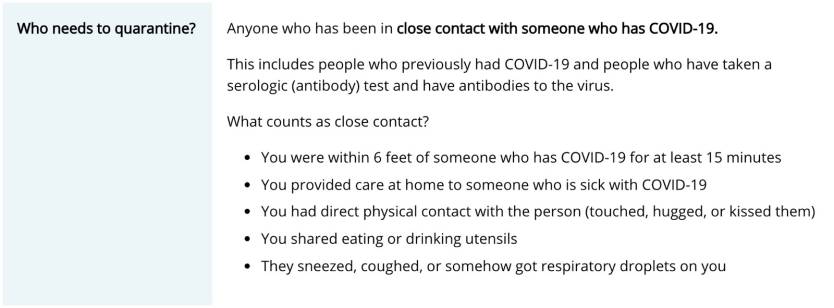- How long does coronavirus immunity last after infection? The CDC quietly published the first defined COVID-19 immunity period on its website.
- The virus is too young for healthcare professionals to have an exact timeframe for protection against reinfection.
- The CDC quarantine page was updated a few days ago with information that offers a minimum period of immunity.
How long does novel coronavirus immunity last? That’s a question health officials can’t answer for certain since COVID-19 hasn’t existed for long enough to tell. But it’s an answer we need not just for vaccine development, but also for the next stages of pandemic management. How long is a COVID-19 survivor protected for? How bad would a second COVID-19 bout be for people who already had it?
Scientists initially said that coronavirus immunity might match the immunity we get from the other human coronaviruses that cause common colds. That’s anywhere from six to 12 months, and that’s how long we expect vaccines to last as well. Recent data showed that neutralizing antibodies may disappear from the bloodstream within three months, but the immune system also has backup T cells that can kill the virus upon reinfection by kickstarting the production of antibodies. Those cells live longer than antibodies, though it’s unclear how long their lifespan is. It’s also believed that exposure to human coronaviruses that cause common colds provides some protection against the virus.
Health authorities have not actually offered a clearly defined period for coronavirus immunity, because there’s not enough scientific data to back any of it up. That recently changed though, when the CDC quietly updated one of its main guidelines with information that explicitly mentions a COVID-19 immunity timeframe.
The COVID-19 quarantine page on the CDC website explains when someone should self isolate if they suspect they’ve been in contact with a COVID-19 patient, and it offers several quarantine scenarios. The page was updated on August 3rd with information indicating that people who test positive for COVID-19 do not have to quarantine if they’ve had it within the past three months. Also, COVID-19 survivors should not seek testing again or up to three months:
People who have been in close contact with someone who has COVID-19—excluding people who have had COVID-19 within the past 3 months.
People who have tested positive for COVID-19 do not need to quarantine or get tested again for up to 3 months as long as they do not develop symptoms again. People who develop symptoms again within 3 months of their first bout of COVID-19 may need to be tested again if there is no other cause identified for their symptoms.
Here’s how the CDC presents that information now:

And here’s what the page looked like before the changes on August 3rd:

A CDC spokesperson clarified to The Hill that “it’s important these individuals continue to social distance, wear masks, and practice good hand hygiene until scientists know more about long term immunity against COVID.”
The infection had been with us for more than seven months before the CDC updated the quarantine page. It’s unclear what prompted the change, but it’s likely the page will continue to be updated as we learn more things about COVID-19 immunity. Coronavirus immunity may last longer than three months, considering how infrequently we hear news of reinfections. What we do know for certain is that some COVID-19 patients experienced symptoms again within weeks or months of clearing the virus. However, they are not contagious the second time around, according to extensive research from CDC Korea.








